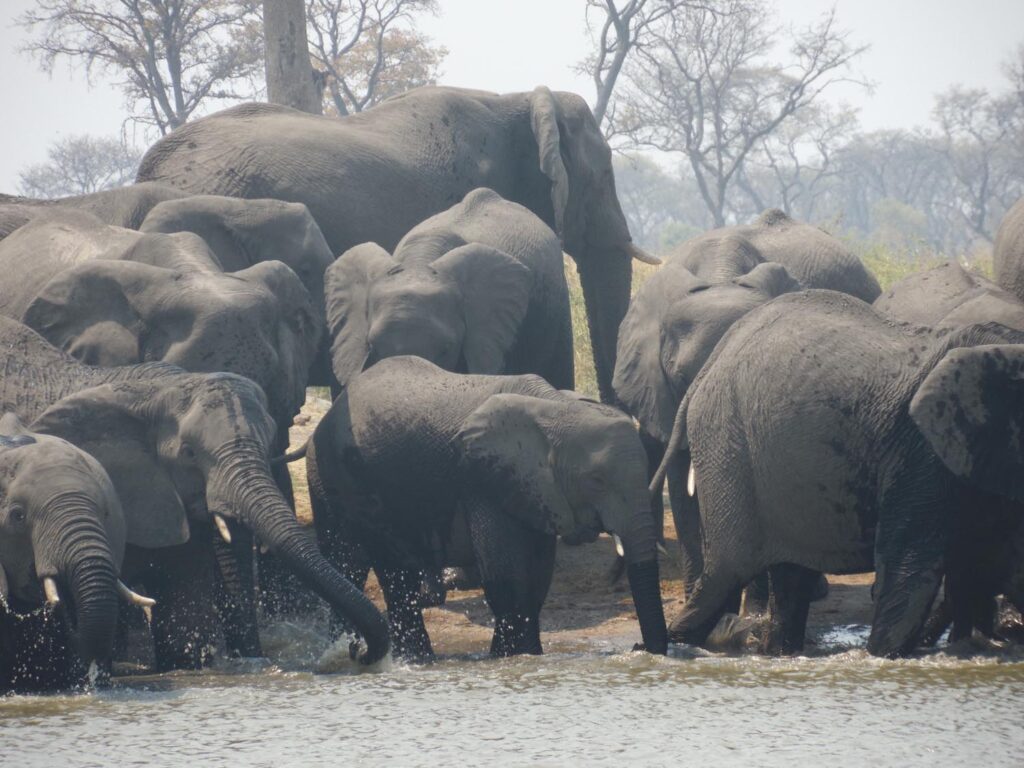In a bid to address the devastating impacts of its worst drought in 100 years, the Namibian government has announced a contentious plan to cull over 700 wild animals, including elephants, zebras, and hippos. The program aims to distribute the meat to people struggling with food insecurity, while also reducing pressure on water resources and minimizing conflicts between elephants and humans.
The culling program, which has already begun, targets animals in national parks and communal areas with “sustainable game numbers.” Professional hunters will carry out the culling, which includes 83 elephants, 30 hippos, 60 buffalo, 50 impala, 100 blue wildebeest, and 300 zebras.
The Namibian Ministry of Environment, Forestry and Tourism claims that the program will help alleviate the impacts of drought, which has left an estimated 1.4 million people – around half the population – facing high levels of acute food insecurity. The ministry also argues that reducing wildlife numbers will decrease competition for water resources and mitigate conflicts between elephants and humans, which can increase during drought.
However, the plan has sparked criticism from conservationists, who warn that it risks setting a dangerous precedent of reliance on wildlife populations to solve human problems. Keith Lindsay, a conservation biologist and natural resources consultant, expressed concerns that the program could lead to unsustainable demand for bushmeat and neglect the root causes of food insecurity.
Namibia is one of several countries across southern Africa struggling with devastating drought driven by El Niño and exacerbated by the human-caused climate crisis. The region is facing shriveled crops, soaring levels of hunger, and increased human-wildlife conflict, highlighting the urgent need for sustainable solutions to address the climate crisis and ensure food security.



